The Taiwanese rock band Mayday — “the Beatles of the Chinese-speaking world” — are being investigated by the Chinese Communist Party for the crime of lip syncing. Local authorities are combing through recordings of Mayday’s Shanghai concerts from November looking for evidence of “deceptive fake-singing,” as the CCP calls it, which has been illegal in China since 2009 (although the law is rarely enforced). Last month, an anonymous Taiwanese government source told Reuters that the investigation had been cooked up because the pop stars refused a request from Beijing to say something nice about China in the run-up to Taiwan’s election this Saturday. The band found itself at the center of a row between the presidential hopefuls about Chinese interference.
Xi has made it clear that, whoever holds power in Taipei, reunification with Taiwan is his ‘unswerving task’
Lai Ching-te, the vice-president, the candidate for the independence-leaning Democratic Progressive Party and the favorite to win, lambasted China for meddling in the election “if reports are true.” Hou Yu-ih, the candidate for the Kuomintang (KMT), the more Beijing-friendly of the two main parties, has accused the DPP of whipping up anti-China sentiment with anonymous briefings. The pop stars themselves, who have fans in both Taiwan and China, are staying quiet. Being caught in the crossfire of cross-strait relations isn’t good for business.
Taiwanese voters can’t escape the psychodrama between the People’s Republic of China and the Republic of China either. Since Taiwan held its first election in 1996, the main fault line in politics has been over the question of how to deal with China, the giant across the narrow strait. Since the last election four years ago, the China conundrum has only become trickier.
In 2020, Taiwan watched with concern as Beijing cracked down on Hong Kong. In 2022, the DPP lengthened compulsory male conscription from four months to a year in response to Chinese military exercises, which now breach the halfway point between Taiwan and China almost weekly. And as American attitudes to China harden under Joe Biden, Xi Jinping has only got touchier about this recalcitrant “province.”
All this could shift if Taiwan votes to return the KMT to power after eight years in opposition. It is something of an irony that the party of Chiang Kai-shek has become the more pro-Beijing voice. Yet, like the CCP, the KMT believes “there is only one China” — it just disagrees with Beijing on who should run it, once unified — whereas the DPP argues that Taiwan is already an independent country.
The DPP and KMT also clash over Taiwan’s economic ties to China. In this campaign, much of the debate has been over the continuation of a major trade deal signed with Beijing under the KMT. The KMT points to the fact that China is Taiwan’s largest trading partner, and Hou has pledged to strengthen the deal should he win. But the DPP has always opposed it. Lai has warned about China’s use of economic coercion to bully trade partners around the world. The DPP says it would focus on striking more deals with western countries.
The two parties’ differences are illustrated by their choice of deputy: Hou’s running mate is Jaw Shaw-kong, son of a mainland-born KMT soldier. He has questioned whether Taiwan can rely on American support. Lai has chosen the half-American Hsiao Bi-khim, who grew up in New Jersey and had served as Taiwan’s representative in DC.
The Hou-Jaw campaign has tried to frame the election as a choice between war and peace. “I’m painted red every day, and said to be pro-China,” Hou said. “But aren’t peace, exchanges and dialogue across the Taiwan Strait something that should be done?” It’s true that, in the short term, Taiwan’s tense relationship with Beijing would ease if the KMT won. Taipei hasn’t had a working hotline to Beijing since the DPP first took power in 2016, and it would probably be resumed. But in the long term a KMT government would still have to resist an increasingly revanchist China. Xi has made it clear that, whoever holds power in Taipei, reunification with Taiwan is his “unswerving task.” “Re-uniting the motherland is a historical necessity,” he said in his new year’s message.
Still, the KMT’s “safety-first” mentality is why the party tends to be more popular among older voters. Of course, many Taiwanese feel indignant about Chinese bullying and threats, but as one KMT-voting taxi driver told me in Taipei last summer, when it comes to whether or not to engage with Beijing: “We don’t have much choice.”
As for the DPP, the party can usually count on its youth vote, but not so much this time around. After eight years in government, it seems almost as much a part of the establishment as the KMT. Instead, many have flocked to a third party. The Taiwan People’s Party (TPP), led by a former surgeon, Ko Wen-je, polled strongly for much of the campaign. Ko has a Trump-like way with words. He compared cross-strait relations to prostate cancer, saying that rushing the treatment by “removing [the prostate] can cause an even quicker death.” (This assertion was not condoned by urologists, who corrected the presidential candidate’s medical understanding.)
But Ko is effectively out of the race. Coalition talks between Ko and Hou broke down on live television after neither man could agree to be the other’s vice-president, and Ko’s support has shed as voters concluded that a third candidate could never be taken seriously in Taiwan’s first-past-the-post system. The TPP may yet play kingmaker in Taiwan’s parliament, however, since it’s possible that neither the DPP nor the KMT will win a majority of seats.
Lai is still the odds-on favorite to be Taiwan’s next president, but his lead has been shrinking, and the latest polls show the KMT within touching distance — somewhere between three points behind or a fraction of a point ahead. As Taiwan’s voters are split on how to deal with their increasingly belligerent neighbor, it’s anyone’s race right now.
This article was originally published in The Spectator’s UK magazine. Subscribe to the World edition here.



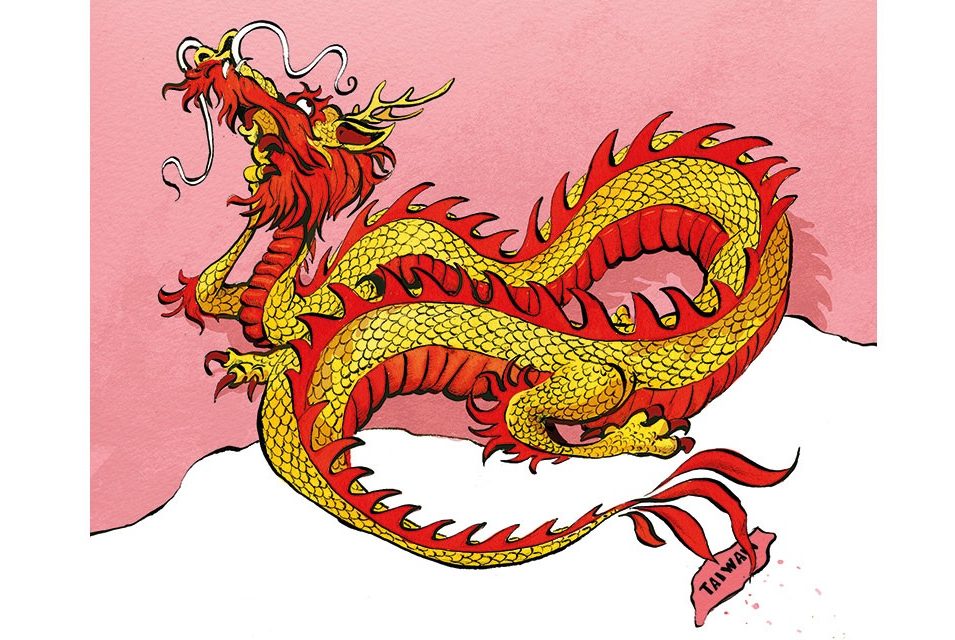







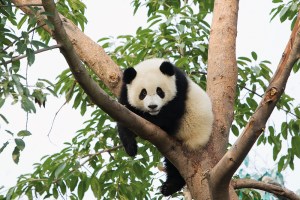

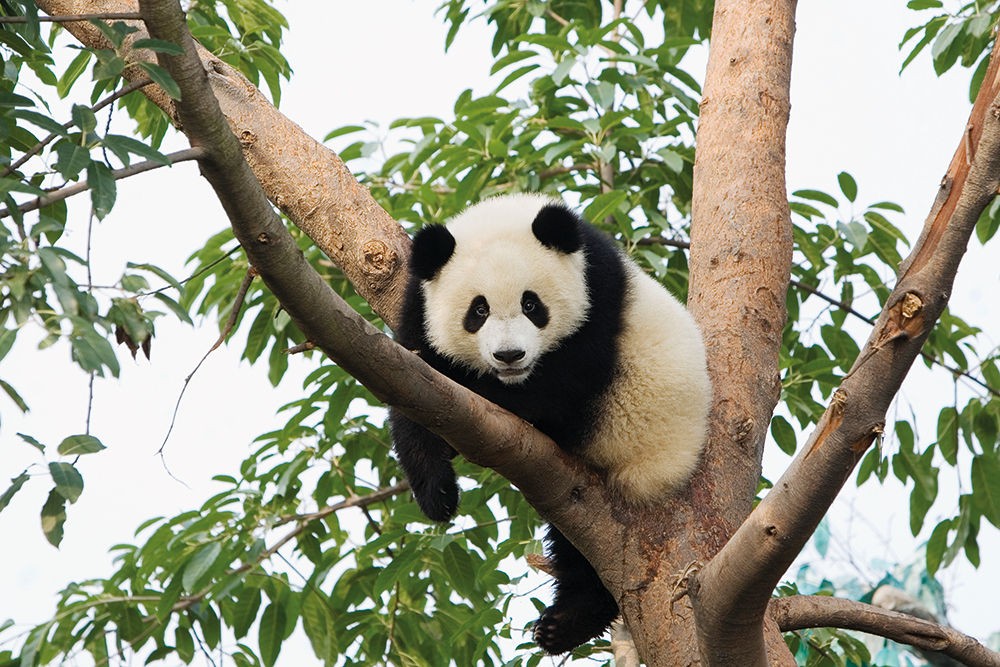
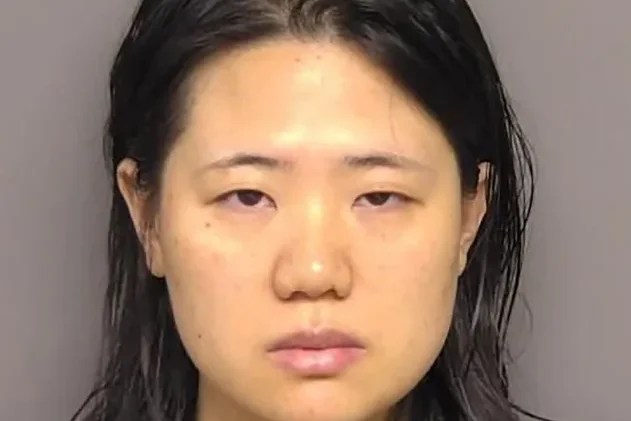
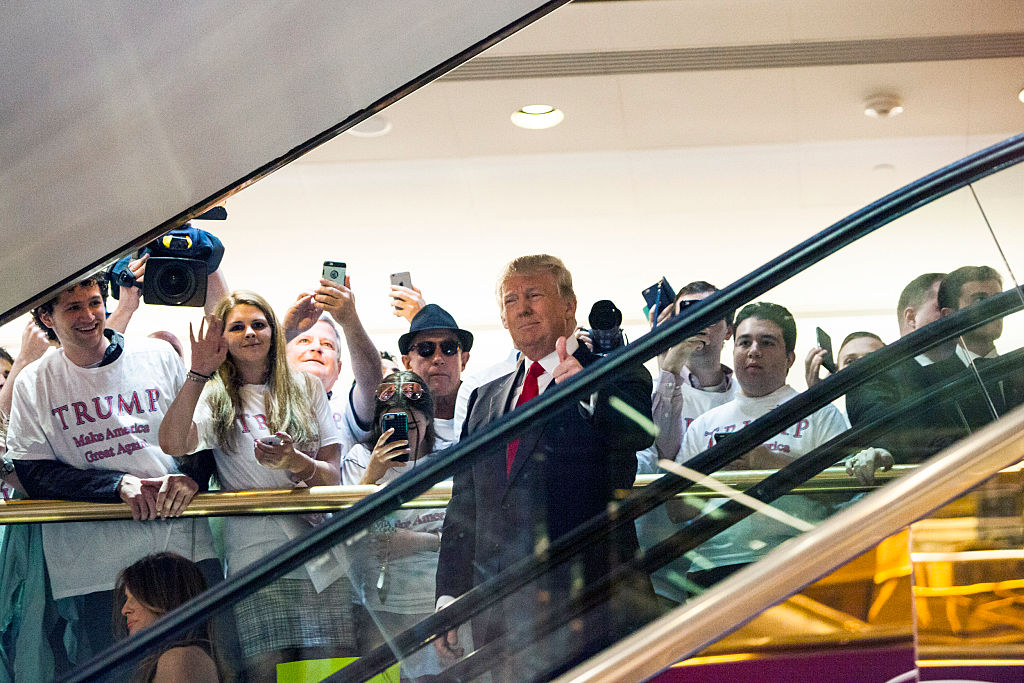

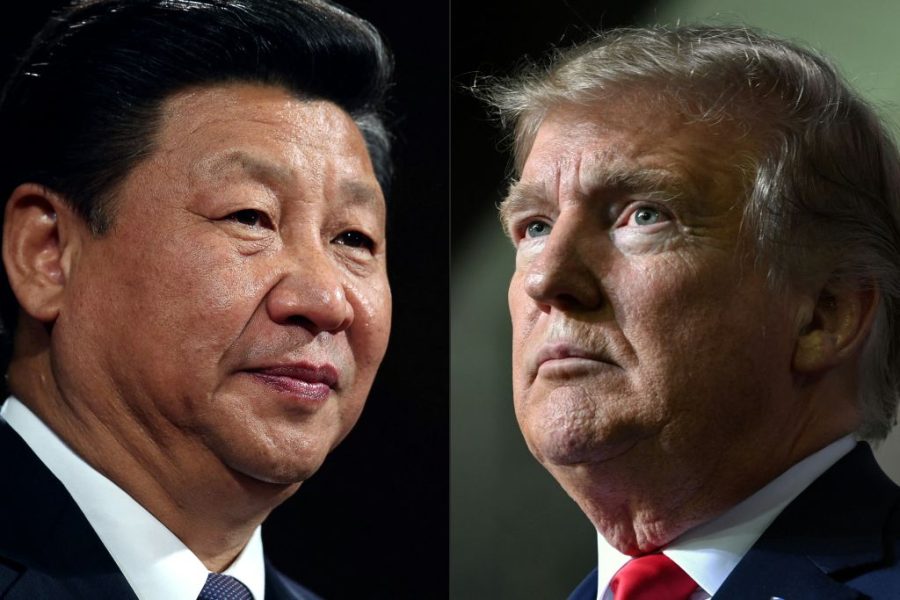
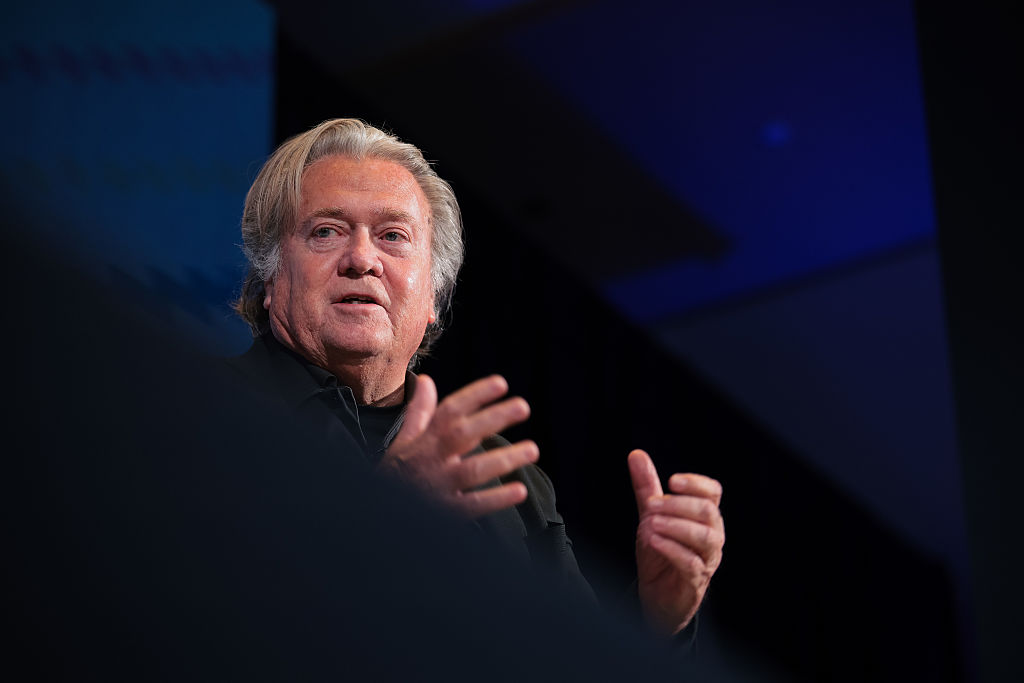







Leave a Reply